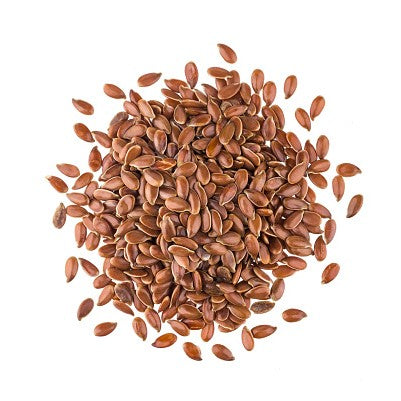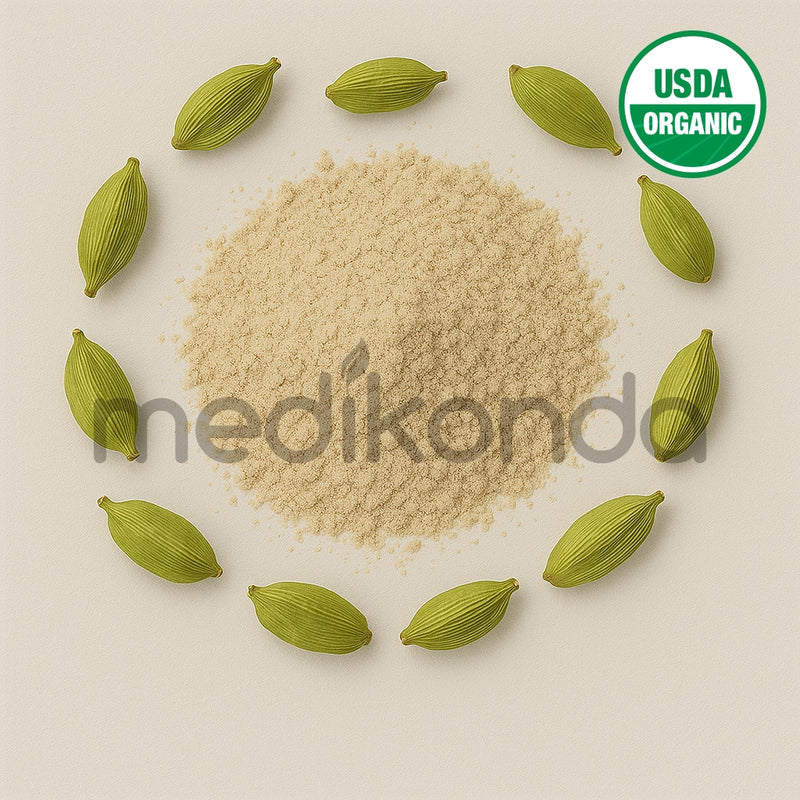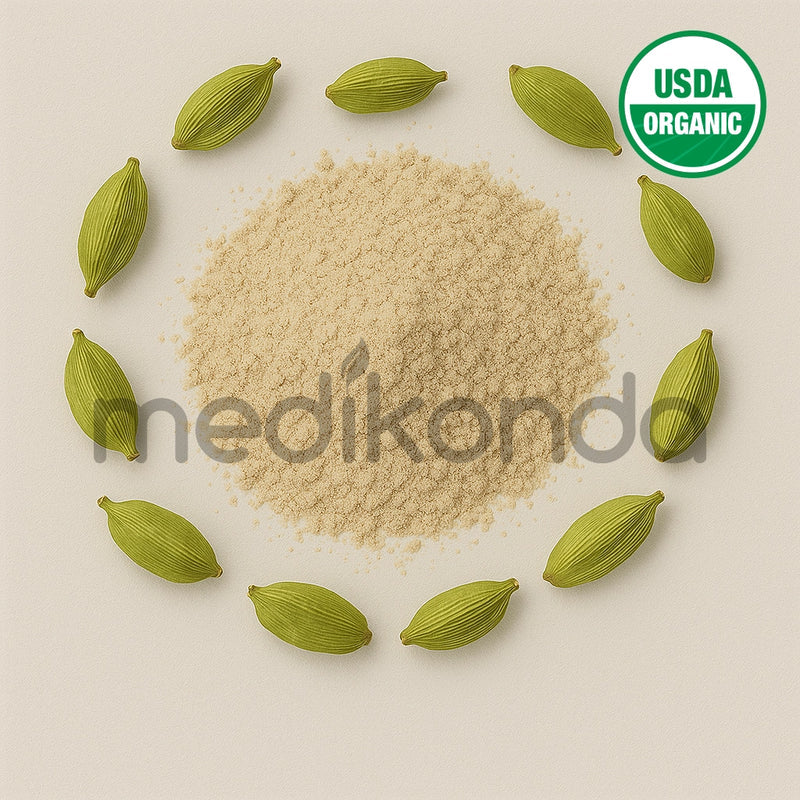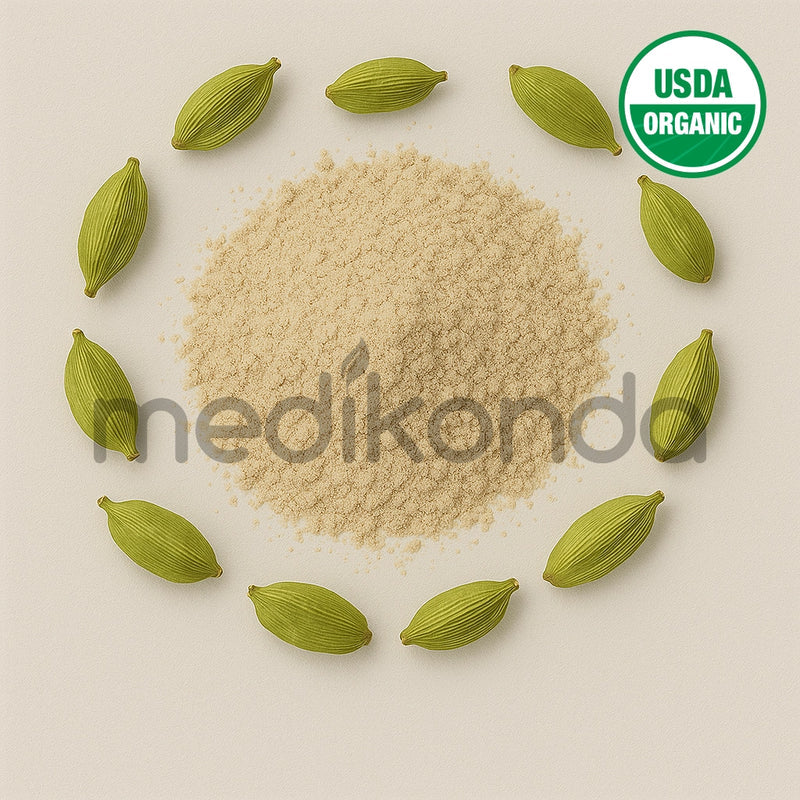Add description, images, menus and links to your mega menu
A column with no settings can be used as a spacer
Link to your collections, sales and even external links
Add up to five columns
Add description, images, menus and links to your mega menu
A column with no settings can be used as a spacer
Link to your collections, sales and even external links
Add up to five columns
LOOKING FOR BULK INGREDIENTS PRICING?
GET INSTANT QUOTEwhat ingredient are you looking for?

Benefits of Flax Seeds - Wholesale B2B Bulk Suppliers in Australia and New Zealand
Flax Seeds: A Nutrient-Rich Superfood for Heart, Digestion, and Hormonal Balance
Flax Seeds, also known as linseeds, are small, flat, and oval-shaped seeds that have been celebrated for centuries for their impressive health benefits. Derived from the Linum usitatissimum plant, these golden or brown seeds are loaded with dietary fiber, omega-3 fatty acids, and lignans—making them one of the most nutrient-dense superfoods available. Whether ground, whole, or cold-pressed into oil, flax seeds provide holistic support for heart health, hormonal balance, digestive wellness, and more.
Botanical Profile
-
Botanical Name: Linum usitatissimum
-
Family: Linaceae
-
Plant Part Used: Seeds
-
Color: Brown or golden
-
Common Names: Flax, Linseed, Alsi (Hindi)
Nutritional Composition
Flax seeds are particularly rich in:
-
Alpha-linolenic acid (ALA): A plant-based omega-3 fatty acid
-
Lignans: Phytoestrogens with antioxidant properties
-
Soluble and insoluble fiber: For digestive and metabolic health
-
Plant-based protein: Supporting muscle repair and satiety
Health Benefits of Flax Seeds
-
Supports Heart Health
Flax seeds help reduce blood pressure, lower LDL cholesterol levels, and improve arterial function, primarily due to their high ALA and fiber content. -
Improves Digestive Function
The fiber in flax seeds promotes regular bowel movements and acts as a natural laxative, making them excellent for preventing constipation. -
Balances Hormones
Lignans in flax seeds mimic estrogen and can help balance hormones, especially in women during menopause or menstrual irregularities. -
Promotes Skin and Hair Health
Omega-3 fatty acids and antioxidants help nourish the skin from within, reduce inflammation, and support hair strength and shine. -
Aids in Weight Management
The fiber and healthy fats in flax seeds increase satiety and reduce appetite, helping to regulate body weight. -
Supports Blood Sugar Control
Flax seeds slow down digestion and help stabilize blood sugar levels, which can benefit those with diabetes or insulin resistance.
Common Uses and Applications
-
Added to smoothies, oatmeal, or yogurt
-
Baked into breads, muffins, or energy bars
-
Used as an egg substitute in vegan recipes (1 tbsp ground flax + 3 tbsp water)
-
Cold-pressed for flaxseed oil
-
Consumed as whole or ground seeds
Recommended Usage
Ground flax seeds are more easily absorbed than whole seeds. A common daily dose is 1–2 tablespoons of ground flax seeds. It’s best to store them in an airtight container in the refrigerator to prevent oxidation.
Precautions
Flax seeds should be consumed with plenty of water to avoid digestive discomfort. People with hormonal disorders, bleeding issues, or those on medications should consult a healthcare provider before adding flax seeds in large amounts.
Final Thoughts
Flax Seeds are a small but mighty addition to any health-conscious diet. Their unique combination of omega-3s, lignans, and fiber delivers broad-spectrum benefits for the heart, hormones, digestion, and more. Versatile and easy to include in daily meals, flax seeds are a true superfood that supports wellness from the inside out.
For bulk orders and inquiries, visit Medikonda Nutrients - Flax Seeds
Medikonda Nutrients is the Largest Manufacturer, B2B Bulk Wholesale Supplier of Flax Seeds in Australia and New Zealand.
Also in Medikonda: Health & Wellness
SUBSCRIBE NOW ...
Don't miss to get latest updates on sales, new releases and promotions




